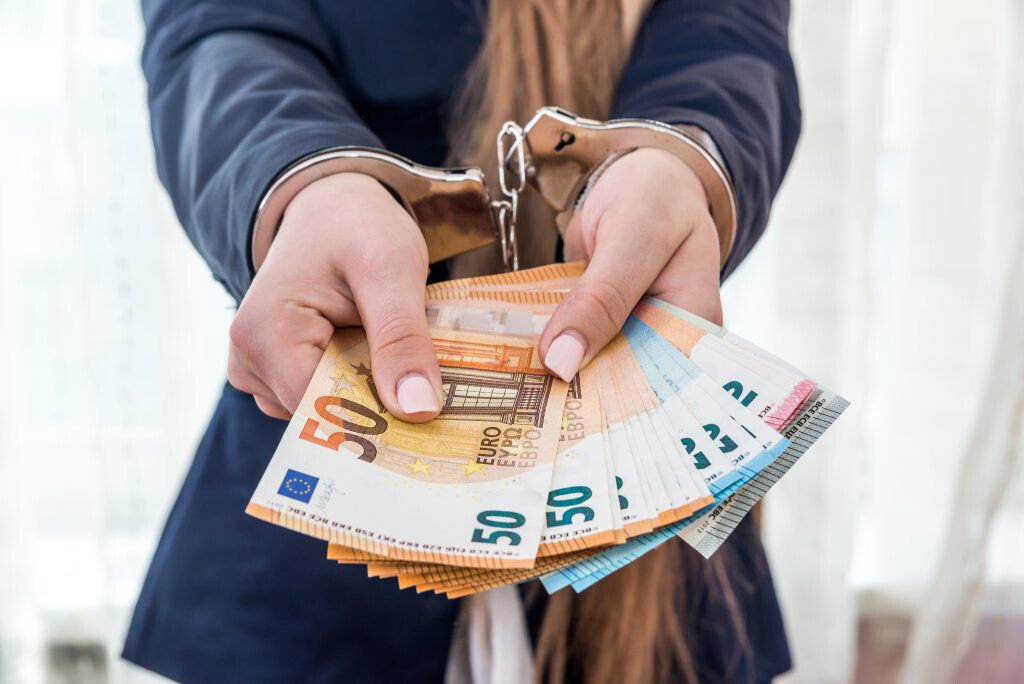
Economic violence, a form of domestic abuse, is on the rise in Puerto Rico and has far-reaching consequences for both individuals and society. This insidious form of control involves limiting a victim's access to financial resources, such as restricting employment opportunities, controlling bank accounts, and accumulating debt in the victim's name. The effects of economic violence can be devastating, leading to poverty, homelessness, and long-term dependency.
A Systemic Issue
Experts interviewed by EL VOCERO emphasized that economic violence is a complex issue with deep roots in societal structures. It disproportionately affects women, limiting their financial independence and trapping them in abusive relationships. The consequences of economic violence extend beyond the individual, impacting the broader economy and social fabric.
Chantal Benet, an economist, explained that when victims of economic violence are unable to work, household income decreases, leading to increased reliance on government assistance and debt. This cycle of poverty not only harms individual families but also places a strain on public resources.
Beyond Financial Control
The impact of economic violence goes beyond financial control. Sociologist Emilio Pantojas highlighted the psychological toll it takes on victims, often leading to feelings of helplessness and dependency. For example, when an abuser controls a victim's finances, it can create a sense of powerlessness and undermine the victim's self-esteem.
Ariadna Godreau, founder and executive director of Ayuda Legal, emphasized the prevalence of economic violence in Puerto Rico. She cited statistics showing that a significant percentage of women in Puerto Rico live below the poverty line, and the gender pay gap remains a persistent issue. Godreau explained that economic violence can take many forms, including sabotaging a victim's employment opportunities and accumulating debt without their knowledge.
The Impact on Society
The long-term consequences of economic violence extend beyond the individual and have a ripple effect on society as a whole. By limiting women's economic opportunities, economic violence perpetuates gender inequality and hinders social progress. Additionally, the financial strain on individuals and families can lead to increased demand for social services, placing a burden on government resources.
Breaking the Cycle
To address the issue of economic violence, experts recommend a multi-faceted approach. This includes:
Education and awareness: Increasing public awareness of economic violence and its consequences.
Financial empowerment: Providing women with the tools and resources they need to achieve financial independence.
Legal protections: Strengthening laws and policies that protect victims of economic violence.
Support services: Expanding access to support services for victims, such as counseling and legal assistance.
By addressing the root causes of economic violence and providing support to victims, we can work towards a future where all individuals have the opportunity to live free from fear and financial insecurity.
[Copyright (c) Global Economic Times. All Rights Reserved.]





























